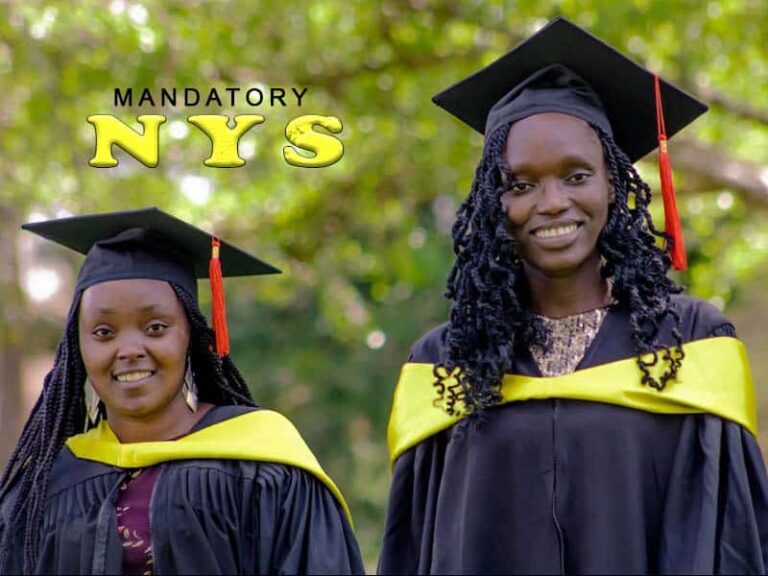Community service plays a vital role in fostering a sense of patriotism, promoting peaceful coexistence, and cultivating appreciation for diverse cultures and work ethics. Recognizing its significance, the Ministry of Education has recommended the reintroduction of mandatory NYS Training before University and employment.
This proposed initiative aims to prepare students for future responsibilities in their lives and the job market.
The Need for Mandatory Community Service Training
The Educational Reforms task force, led by Prof Raphael Munavu, has highlighted the importance of community service training in their report.
The committee emphasizes that such training programs help learners develop an understanding of civic responsibility and encourage them to support and strengthen their communities.
By engaging in community service, individuals can contribute to the betterment of society and learn valuable skills that can be applied in their personal and professional lives.
Furthermore, mandatory community service training will guarantee a sense of patriotism among Kenyan graduates.
Proposed Implementation of Mandatory Community Service Training
The committee’s report recommends a two-component implementation plan for mandatory community service training.
Firstly, all students graduating from senior school would be required to undergo three months of community service training in their home county.
This initial phase would allow students to contribute to the development of their local communities and gain valuable insights into the challenges and needs of their region.
After completing their senior school education, students would proceed to TVET or university education.
Upon graduation from these institutions, students would then undertake an additional nine months of community service training in a different county.
This cross-cultural interaction aims to foster national cohesion and provide graduates with exposure to diverse communities within the country.
Challenges and Considerations
While the proposal for mandatory community service training is commendable, some challenges and considerations need to be addressed.
One potential concern is the availability of suitable community service opportunities across different regions.
Efforts should be made to ensure that graduates have access to meaningful and impactful projects that align with their interests and skills.
Another consideration is the logistics and coordination required to implement such a widespread program.
The Ministry of Education would need to collaborate with various stakeholders, including educational institutions, local governments, and community organizations, to ensure the effective execution of the community service training.
Adequate resources and support should be provided to facilitate a smooth and successful implementation process.
Conclusion
Mandatory community service training for Kenyan graduates holds immense potential in shaping responsible and engaged citizens.
NYS training before university and employment will certainly develop valuable skills, foster a sense of patriotism, and contribute to the betterment of society.

![2024 KCSE Performance Analysis [Kenya] Mean Grades, Pass Rates, & List of Top Secondary Schools KCSE Performance Analysis](https://kisiifinest.co.ke/wp-content/uploads/2023/12/KCSE-Performance-Analysis.jpg)

